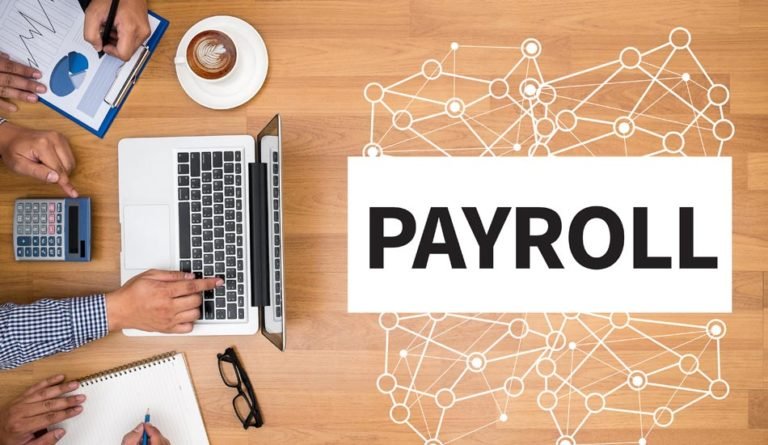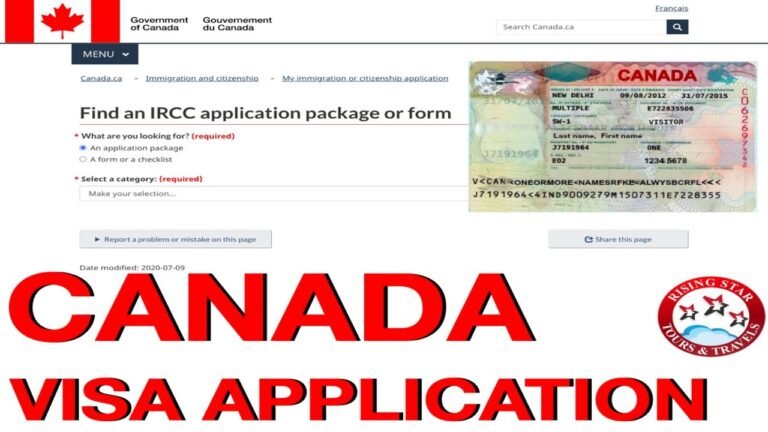Financial institutions like banks and NBFCs closely check the credibility of loan applicants depending upon the information mentioned in their CIBIL credit reports. Also, lenders use the info in the credit report to set the rate of interest on the loans. One of the simplest ways of checking credit standing and credit eligibility is by fetching your credit report to view your credit score regularly. This can assist in detecting inaccurate info, which can potentially lower your credit score. Timely detection of any inaccuracies can help you to instantly report them to the concerned bureau or lender for correction. Note that you must have a minimum CIBIL score of 750 to avail of credit approval, while the maximum CIBIL score may be over 750.
Here is a detailed list of few of the crucial factors that you must closely review when checking your credit report:
Credit accounts
Every active and currently closed credit account is covered in the credit report under the credit account section. Lenders carefully see the info on your credit report while assessing your credibility. Thus, it is crucial to ensure that your credit card and loan account details are updated and are reported accurately in the report. The presence of any incorrect info or any error can hamper your credit score and may have an adverse impact on your credit card or loan eligibility.
Repayment history
This sector consists of credit card and loan repayment history. Also, it consists of details of months during which repayments are made and whether such repayments were made within the due date. It even enlists any delayed or missed repayments. The info contained in this section can be used by the lenders to evaluate your credit repayment behaviour. Hence, you should look through to ensure whether your repayment history is accurate and updated with the current info in your report.
Personal details
This specific section covers all your personal data like your name, mobile number, PAN, communication info etc. As lenders check your report while assessing a credit card or loan application, any absence or incorrect information in your report vs what is stated in your application for credit can ameliorate or hamper your chances of securing a credit approval. Thus, ensure to review your report timely to ensure all the data mentioned are correct for swift processing of your loan or credit card.
CUR (credit utilization ratio)
It is one of the most crucial parameters considered by the bureaus when computing your credit score. CUR or credit utilization ratio reflects the overall credit limit that has been used by you. Banks prefer to provide a loan or credit card if you have a lower CUR or credit utilization ratio of under 30 percent. The ones who tend to constantly exceed this mark can approach their creditors to either enhance their credit card limit or submit an application for a new credit card. Doing so will help you to contain your CUR if you do not enhance your credit card spending.
Credit report inquiries
Under this specific section, lender linked enquiries of your report are mentioned. This section usually consists of the lender’s name, application date, kind of credit applied for and any other details based upon the credit bureau. Each time you place an application for a credit card or loan, lenders evaluate your report that is generated by the bureau. Such lender linked enquiries are called hard enquiries, and each of them is mentioned in your credit report. It can negatively impact your credit score & lower it by some points. Thus, making multiple such credit applications with distinct lenders or issuers within a short span of time can result in a considerable fall in your credit score.
In place of making various credit linked applications within a short period of time, you can visit online financial markets to compare various credit options as per your income or credit score. Request for a credit report by such platforms is considered soft enquiries, which do not impact your score in any way.
What is a credit report error?
A credit report may have incomplete or inaccurate info. This might need correction by the lender or the credit bureau. It is thus crucial to timely check your credit report with the minimum frequency of at least once quarterly. Also, you can avail yourself of one free credit report every year from each of the 4 credit bureaus. Also, you can access the basic credit report for free from any digital platform online.
Conclusion
Credit scores and reports provide lenders with a deep insight into the applicant’s credit behaviour as well as overall history. This slowly is gaining importance among all the lenders, and the credit reports are being first sought before approving a credit card or loan. As checking of credit reports make the initial step towards availing easy approval of credit card or loan, you should keep a thorough tab on details mentioned in your report. With the assistance of the factors mentioned above, you can simply concentrate on the crucial aspects of the credit report to be thoroughly prepared before making the credit application.
FAQs (frequently asked questions) on credit score
∙ Does my credit score change each month?
Distinct credit institutions submit credit info every 30 to 45 days to credit bureaus. In case there is any info contained in these submissions that considerably changes the credit dynamics of the borrower, the credit score might be updated.
∙ Is 720 a good credit score?
No, a credit score of 750 and above is thought to be good by lenders and permits applicants to have access to credit cards and loans.
∙ How can you remove your name from the CIBIL defaulter list?
In case you have any previously outstanding loan and have managed to clear it off in current times, you can approach the credit bureau to remove your name from the defaulter list. In many cases where the whole due amount is paid upfront, the lender might agree to take the borrower’s name off from the defaulter list.






